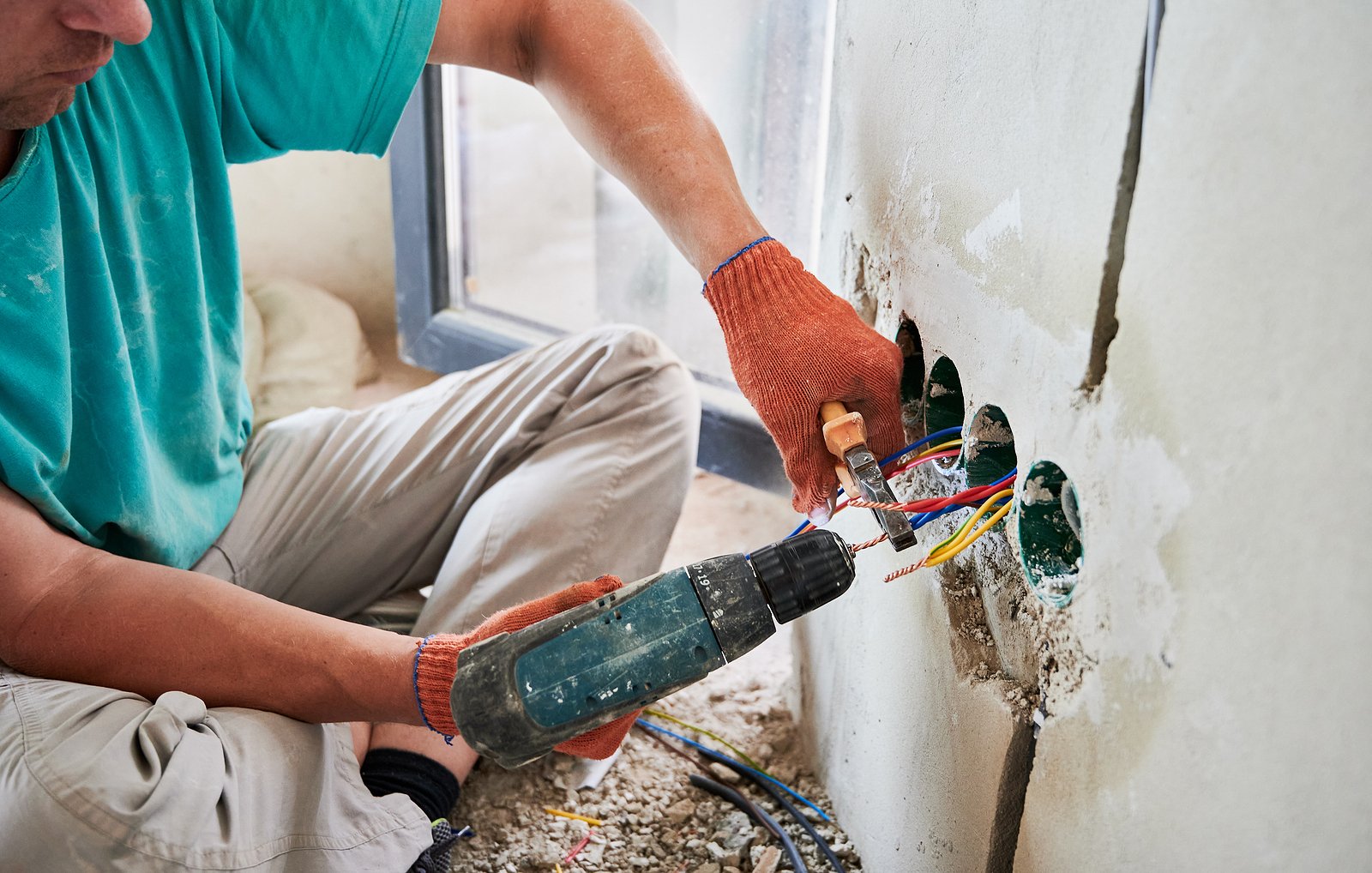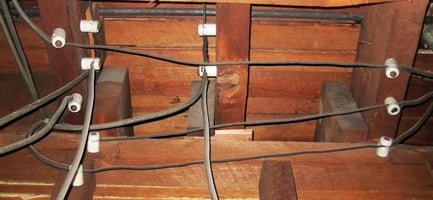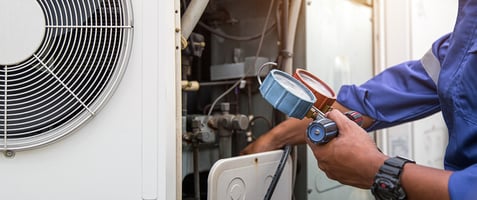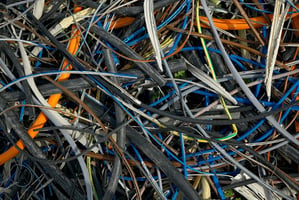In 1887, the glow of electric light first reached the streets of Georgetown. That moment marked the...
Electrical Wiring Safety 101: How to Protect Your Home
 The electrical wiring in your home is an unsung hero behind the scenes. It powers your lights, appliances, and devices daily, but it can be surprisingly easy to forget this critical infrastructure until something goes wrong. Old, loose, or faulty wiring can pose risks. It’s always important to be aware of the signs that could indicate wiring problems, especially if you’re living in a charming older home with potentially outdated wiring. Explore the basics of Electrical Wiring Safety 101: how to protect your home.
The electrical wiring in your home is an unsung hero behind the scenes. It powers your lights, appliances, and devices daily, but it can be surprisingly easy to forget this critical infrastructure until something goes wrong. Old, loose, or faulty wiring can pose risks. It’s always important to be aware of the signs that could indicate wiring problems, especially if you’re living in a charming older home with potentially outdated wiring. Explore the basics of Electrical Wiring Safety 101: how to protect your home.
First Things First: Signs of Wiring Trouble
- Flickering Lights: Do you often notice flickering or dimming lights in your home? If so, it could be a sign of either loose wiring or overloaded circuits.
- Tripped Circuit Breakers: The occasional tripped circuit breaker is rarely anything serious. On the other hand, frequent journeys to the breaker box could be cause for concern. Electrical overload or faulty wiring could be the culprit, and both should be quickly addressed.
- Hot or Charred Outlets: Outlets that feel hot to the touch or, even more startling, show signs of scorching are a glaring indicator of wiring problems. Immediate professional attention is the best and safest course of action.
- Burning Odors: Maybe you haven’t noticed any visible charring around your outlets, but have you gotten a whiff of strange or burning odors from time to time? That unpleasant smell can be a sign of overheating and shouldn’t be ignored.
-
Sparks or Electrical Arcing: If you see sparks or electrical arcing when you plug in or unplug devices, this is another sign your wiring system may have seen better days.
Why You Should Hire a Professional Electrician
There’s no denying the sense of pride and satisfaction you feel when you successfully complete a DIY home repair. There are plenty of projects around the house that are fun, exciting, and rewarding for the homeowner; electrical work is not one of those projects. Here’s why:
- Safety First: Professional electricians undergo extensive training to handle wiring and electrical systems safely. They’re equipped with both the knowledge and the tools needed to protect themselves, your home, and your household from electrical hazards.
- Compliance: Electricians will adhere to local building codes and safety standards, ensuring your electrical system meets all regulatory requirements.
-
Proper Diagnosis: A variety of electrical issues can present with very similar symptoms, which is where an experienced electrician makes all the difference. Accurately diagnosing wiring issues means a pro can then provide effective solutions. Attempting a DIY fix without this background knowledge can often make things worse, not to mention more expensive to repair professionally.
Why Older Homes Require Special Attention
If you live in an older house, wiring safety is even more important than being in a brand-new building. Over time, wiring materials can degrade, and the electrical load will increase as you introduce modern appliances and technology.
Older homes often have outdated wiring systems left in place from generations ago and may not meet current safety standards, and furthermore, the older wiring simply may not have the capability to handle the demands of today’s appliances and devices. Upgrading to modern wiring can bring your system up to snuff so it can reliably and safely power your modern life in an older home.
Taking Care of Your New (or Old!) Home
Your home’s wiring is the backbone of the entire electrical system. If you live in an older house or notice signs of trouble in a newer one, don’t hesitate to contact a professional electrician. At Wilcox Electric, we prioritize your safety and peace of mind.
Our team of experienced electricians is here to ensure your home’s wiring is reliable and up to code. Contact us today to learn more!




